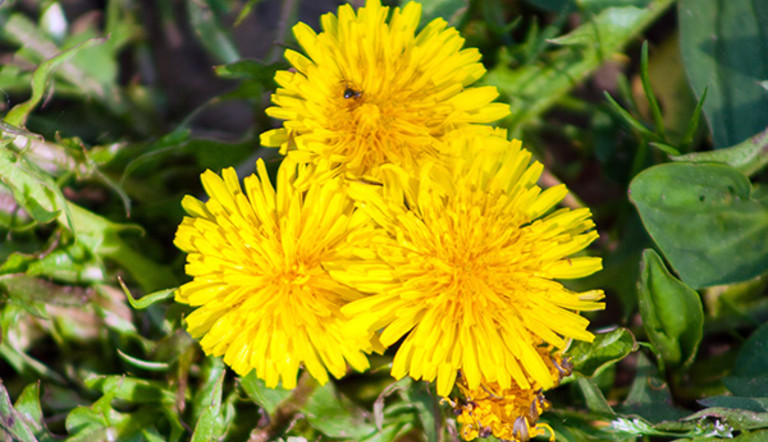
Pest Profile: Sow Thistle

If not adequately controlled during the season, sow thistle can cause major challenges during harvest season by slowing drying times during harvest and contaminating seed products, which increases seed cleaning costs and reduces its value. Even a light infestation of sow thistle can cause yield losses, so a comprehensive weed management plan is crucial.
TYPE
- Perennial
- Broadleaf
IDENTIFICATION
A member of the Asteraceae (sunflower) family, perennial sow thistle is a flowering plant that reproduces both by seed and its rhizomatous, creeping roots. Stems are dull green, leafy at the base, and branched on the upper part. They exude a milky sap when cut, and can grow as tall as six feet, though they typically only reach 2-4 feet in height. The shiny green leaves grow alternately along the stems and vary in colour from light to dark green. Flowers are small, yellow-orange in colour and resemble dandelions. They grow in loose clusters at the ends of stems, and usually open 2-3 hours after sunrise and close at noon. Seeds are dark reddish-brown, wrinkled, 1/8-inch long, and tufted to help with wind dispersal.
CONTROL TIPS
- Fall herbicide applications are effective in reducing root mass and delaying emergence. Many growers use glyphosate, either alone or in a tank-mix with 2,4-D, to control sow thistle in glyphosate-tolerant corn or soybeans. Note that the higher labelled rate will give more consistent control.
- If using tillage as a method of control, optimal control can be achieved by tilling during the 7-9 leaf rosette stage, as this helps to reduce the root’s reproductive capability. If using a tillage-only management plan, it’s important to till several times throughout the season, so as to control the shoots that will invariably pop up from the rhizomes.
REGISTERED HERBICIDES
Annual Sow Thistle:
Perennial Sow Thistle:
Please read each label to determine which herbicide is appropriate for the crop affected.
REFERENCES AND ADDITIONAL READING
Cowbrough, Mike. “Pest Patrol: What is the Best Strategy for Managing Perennial Sow Thistle?” Country Guide. 4 Nov. 2016. Online. https://bit.ly/2NMLd8H
Graham, Jessica & Johnson, Wayne S. “Managing Perennial Sowthistle.” University of Nevada Reno: Cooperative Extension. Online. https://bit.ly/2OsHCSu
“Ontario Weeds: Perennial Sow Thistle.” Ontario Ministry of Agriculture, Food and Rural Affairs . Online. https://bit.ly/2ECkBZ0
“Perennial Sow-Thistle (Sonchus Arvensis).” Alberta Agriculture & Forestry. Online. https://bit.ly/2yJCYEY
Relate Products
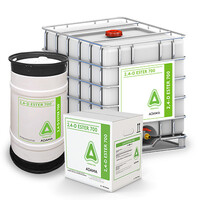
2,4-D ESTER 700
Provides reliable post-emergent control of broadleaf weeds and great tank-mix flexibility in wheat, barley, rye, corn and other crops.
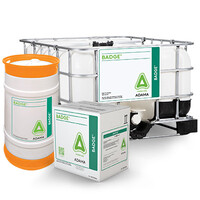
BADGE®
Get proven control of almost 30 broadleaf weeds in cereals and corn with easy-to-use tank-mix options for one-shot weed control.
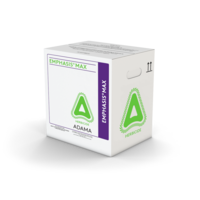
EMPHASIS® MAX
EMPHASIS® MAX with it’s dual mode of action, has an increased rate of cafentrazone for enhanced control.
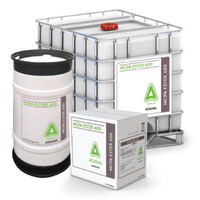
MCPA ESTER 600
Provides reliable post-emergent control of broadleaf weeds and great tank-mix flexibility in wheat, barley, rye, oats, and pasture areas.